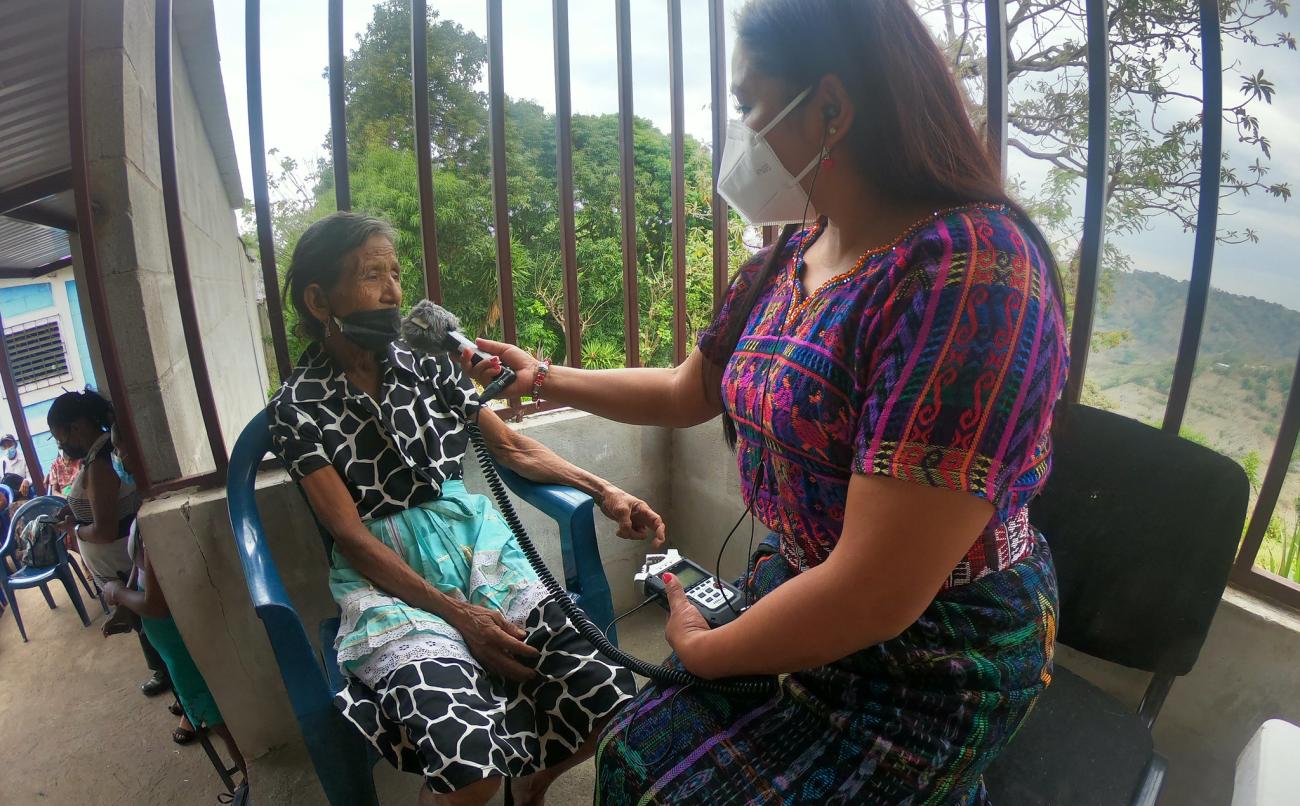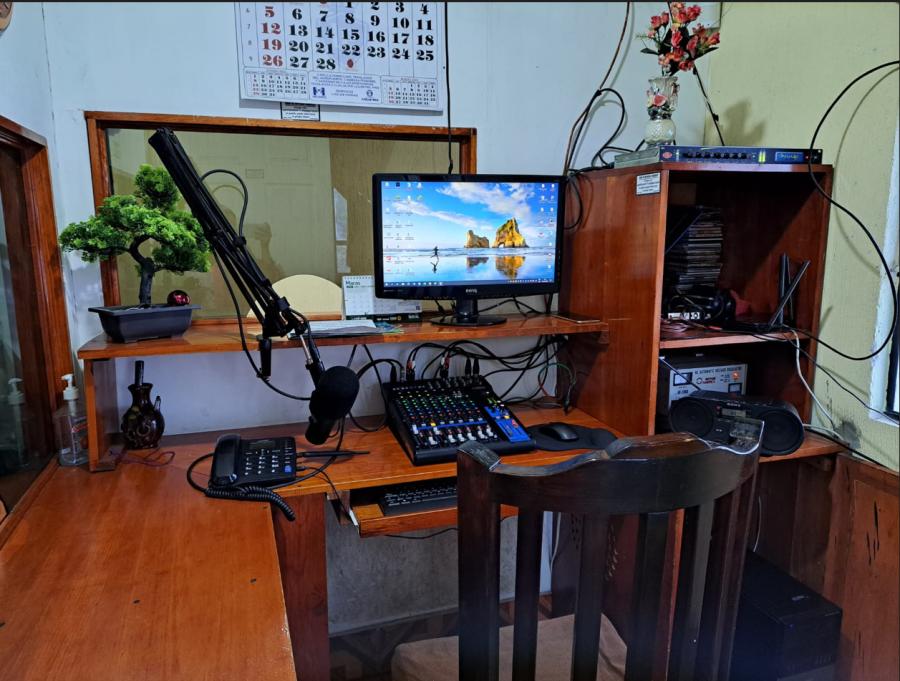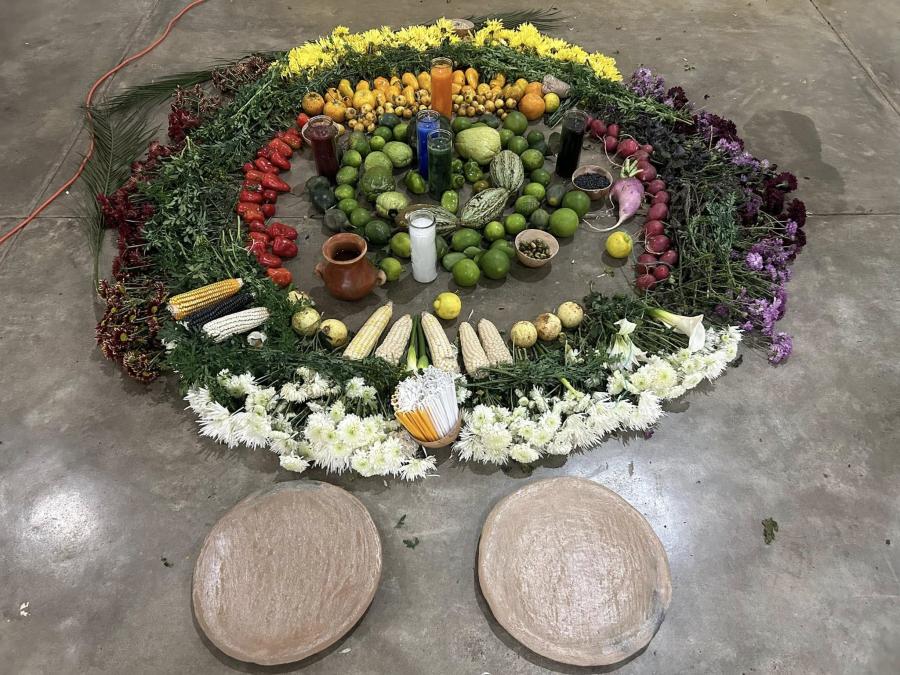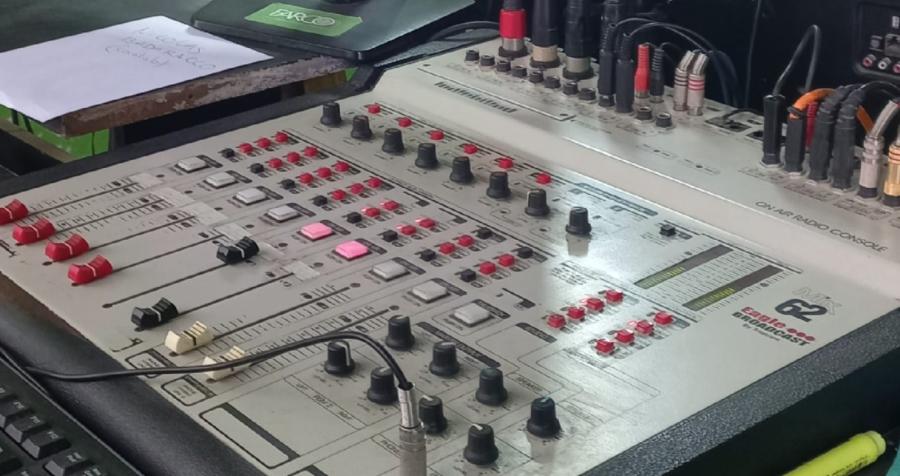
In July 2022, Cultural Survival and the Association Sobreviencia Cultural submitted a report for the 42nd Session of the Universal Periodic Review of the United Nations Human Rights Council. The report, entitled "Observations on the State of Indigenous Rights in Guatemala" evaluates the progress of the State of Guatemala in its international commitments to uphold the rights of Indigenous Peoples, in addition to providing recommendations to the State.
Guatemala is a multiethnic, multicultural and multilingual country. According to the 2018 Guatemalan government population census, 43.8% of the population is Indigenous-41.7% being Mayan, 0.1% being Garifuna, and 1.8% being Xinka-recognizing the National Languages law 25 languages in the country. According to data from the 2018 official census of the State of Guatemala, more than 6 million people speak Indigenous languages, 41.7% of the total population; however, the assimilation policies implemented by the State (Spanish language) have caused the detriment of Indigenous languages, so it is urgent that public services and information be offered in Indigenous languages. International conventions, treaties and declarations ratified by the State guarantee Indigenous Peoples freedom of thought and expression and the right to access their own means of communication.
According to the report, despite the fact that the State of Guatemala has ratified several international treaties and conventions and accepted several recommendations of the Universal Periodic Review, Indigenous Peoples in Guatemala continue to be vulnerable in their basic rights such as Freedom of Expression, by not approving a regulation that legally recognizes community radio stations and penalizes this exercise. The recommendations of the UPR to implement sentence 4238-2011 for Indigenous Peoples to access radio frequencies are reaffirmed in the sentence of the Inter-American Court of Human Rights issued on October 6, 2021 pointing out the State of Guatemala guilty of violating the rights to freedom of thought and expression, cultural life and equality before the law, recognizing the right of Indigenous Peoples to found and use their own media and the fundamental relationship that this right has with other rights.
The State of Guatemala also continues to grant licenses for development projects, particularly mining and hydroelectric projects, and Indigenous rights and environmental defenders in Guatemala and Indigenous ancestral and spiritual authorities are suffering a plague of violence that continues to go unpunished, violating their rights to freedom of expression and religion, Free, Prior and Informed Consent, and self-determination.
The report reports violations of the following rights of Indigenous Peoples: violations of freedom of expression, including: 1) Guatemala's domestic regulations exclude Indigenous Peoples from access to the radio spectrum and criminalize the operation of their community radio stations, 2) legislative initiatives that seek to further consolidate the criminalization of Indigenous community radio stations by criminalizing the theft of the radio spectrum, and 3) legislative initiatives on community radio stations, without the consent of Indigenous Peoples; violation of freedom of religion, and; violation of the rights of Indigenous rights and environmental defenders, which have resulted in many murders.
Cultural Survival and Asociación Sobrevivencia Cultural urge member States to make the following recommendations to the State of Guatemala:
- Recognize the constant violation of the freedom of expression of Indigenous Peoples by denying them access to their own media and to the radio spectrum.
- Comply with the sentence of the Inter-American Court of Human Rights, adapting the country's internal regulations, in consultation with Indigenous Peoples, recognizing the operation of Indigenous community radio stations, reserving part of the radio spectrum for them and establishing a simple and free procedure for obtaining licenses for the use of the spectrum.
- Comply with the sentence Indigenous Maya Kaqchikel Peoples of Sumpango vs. Guatemala of the Inter-American Court of Human Rights, ceasing the criminalization of Indigenous community radio stations and eliminating existing convictions of Indigenous community radio communicators.
- As ordered by the IACHR, publish the official summary of the Court's sentence in the official newspaper and in another newspaper of wide national circulation, translated into Mayan languages, and the complete sentence on an official State website and on the web page of the Superintendence of Telecommunications.
- Order the Superintendence of Telecommunications to facilitate an audit of the radio electric spectrum that includes exact data of the owners, coverage, and usufruct.
- Stop promoting initiatives that seek to violate Freedom of Expression.
- Implement the Free, Prior and Informed Consent of Indigenous Peoples when promoting any law initiative that affects Indigenous Peoples.
- Guarantee the full participation of Indigenous Peoples in decision-making processes that concern them and ensure that they are consulted in the context of the planning and implementation of both draft legislation and large-scale economic projects.
- Reject bills that violate the Peace Accords and the ruling of the Inter-American Court of Human Rights, such as bills 5531 and 5494, as well as any bill that limits and violates the freedom of expression of Indigenous Peoples.
- Reject the initiative of law 5923 "Rescue of the Pre-Hispanic Heritage" because it attacks the collective ancestral property of Indigenous Peoples, especially that of the Mayan people, attacking Indigenous spirituality.
- Implement all development plans in accordance with international human rights standards, including the UN Guiding Principles on Business and Human Rights; Free, Prior and Informed Consent; and effective remedy and justice for communities affected by development and business operations.
- Create a national action plan on the implementation and protection of Indigenous Peoples' rights based on the document "Building an Inclusive, Sustainable and Resilient Future with Indigenous Peoples: A Call to Action" published by the United Nations System Chief Executives Board for Coordination (CEB).
- Compensate Indigenous Peoples for losses and arbitrary imprisonment for claiming violation of their collective rights by the State's authorization of alleged development projects, without considering the Free, Prior and Informed Consent of affected Indigenous Peoples.
- Adopt public policies to protect the rights and freedom of Indigenous rights and environmental defenders and put an end to criminalization and attacks against defenders.
- Develop a plan to ensure the implementation of the rights to freedom of religion, protected in the Political Constitution of the Republic of Guatemala and in the international agreements that Guatemala has ratified to protect the free practice of religion by Indigenous Peoples in general and the protection of ancestral and spiritual authorities in particular from attacks that threaten their lives.
- Initiate the process of transferring management and ownership of sacred sites and sacred cities to ancestral authorities and Mayan spiritual guide collectives.



